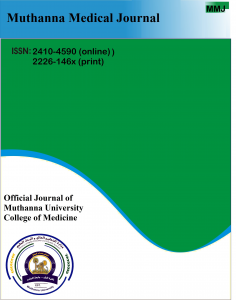Research Article 
Hassan Abdul Amir Al-Daghir1*
Abstract
We aimed to evaluate the influence of DM on the results of PCI of patents with CTO and to compare that with the results in non-diabetic patients. Prospectively studied 150 consecutive cases of CTO with PCI at Iraqi center for heart diseases- Baghdad/Iraq for the period January– December 2012. Success of revascularization of chronic total occlusion by percutaneous coronary intervention was similar in both sexes (male 69.4%, female 72.4%). Intervention was successful in (40) out of (55) patients with diabetes mellitus (72.7%) which was identical to those without diabetes mellitus (66 patients out of 95 patients 69.47%). The success in diabetic and non- diabetic groups in the absence of other risk factors was (64.2%) and (62%) while in the presence of these risk factors it was (73.1%) and (71.2 %) respectively. In (11) out of the (15) patients with diabetes failed intervention was attributed to inability to pass the wire (73.3 %) compared to (23) out of the (29) non-diabetic patients (79.3%). While failure to pass the balloon was identical in both groups (13.3%) compared (13.7) and failure to pass a stent while it was not reported compared to (3.4%) in both diabetic and non-diabetic patients respectively. As far as failure of procedure, passing the wire into a false lumen occurred in one patient (6.6%) of diabetic group, while creation of perforation had occurred in one patient (6.6%) in diabetics. Successful revascularization has led to a prompt relieve of symptoms; angina and improved exercise tolerance as well as enhanced left ventricular function equally in both groups. Regarding CTO- PCI, there was no much difference between success in diabetic and non-diabetic.
Keywords: DM, PCI, CTO, HTN, HLP